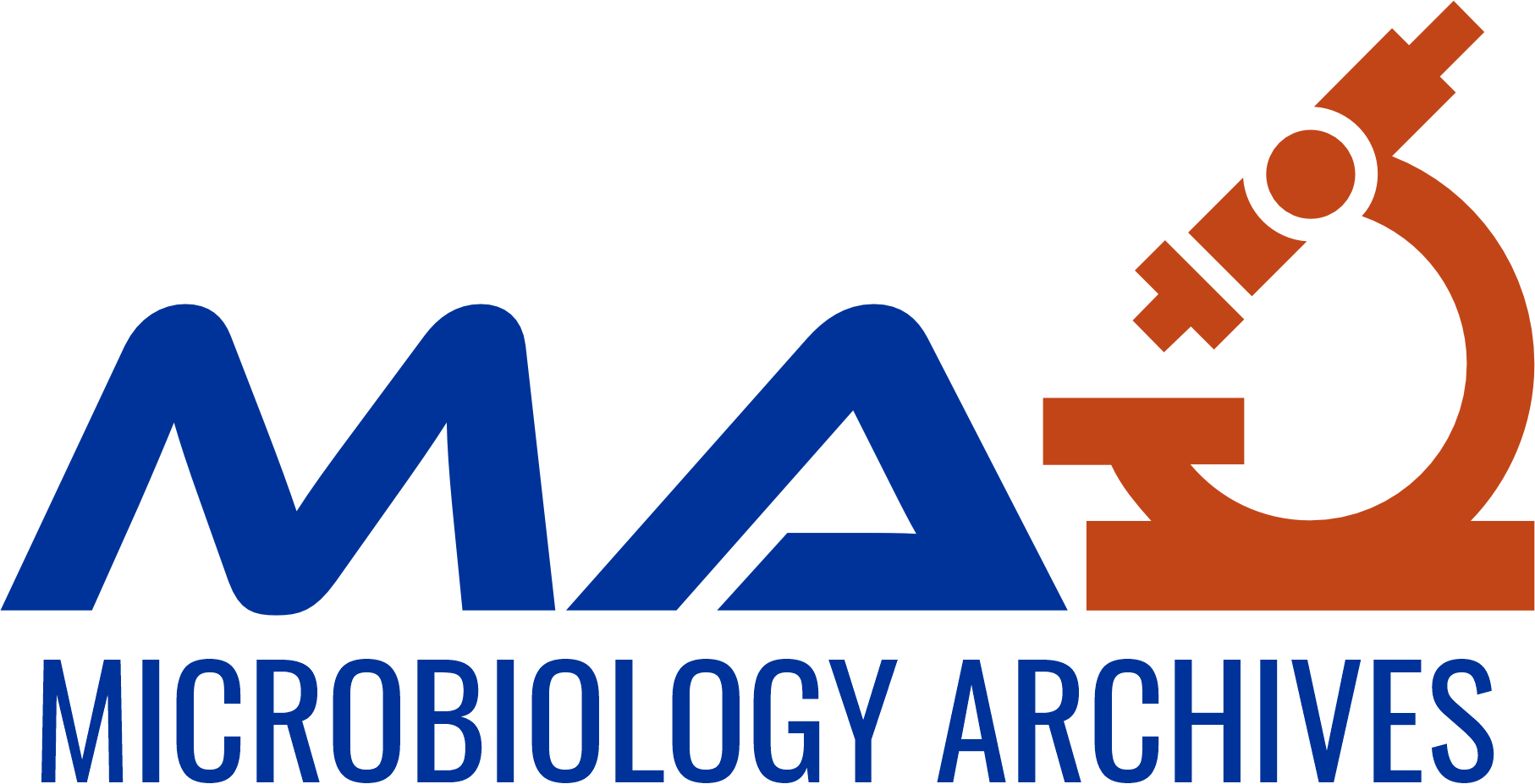The phytochemical profiling and microbial targeting of medicinal plants represent a promising frontier in the development of alternative antimicrobial therapies, especially in the wake of rising antimicrobial resistance. Medicinal plants are rich sources of bioactive compounds such as alkaloids, flavonoids, terpenoids, tannins, and phenolics, each exhibiting unique mechanisms of antimicrobial action. Comprehensive phytochemical profiling through advanced techniques like GC-MS, LC-MS, and NMR spectroscopy facilitates the identification and characterization of these potent compounds, revealing their structural diversity and biological potential. Concurrently, microbial targeting strategies focus on understanding pathogen-specific mechanisms and the interaction of phytochemicals with microbial cell walls, membranes, enzymes, and genetic materials, aiming to inhibit growth or destroy pathogens effectively. This dual approach not only enables the discovery of novel antimicrobial agents but also supports the design of plant-based formulations with enhanced efficacy and reduced toxicity. By integrating traditional knowledge with modern scientific methods, phytochemical profiling and targeted antimicrobial studies offer a sustainable pathway for combating infectious diseases, potentially overcoming the limitations of conventional antibiotics and contributing to global health security.
